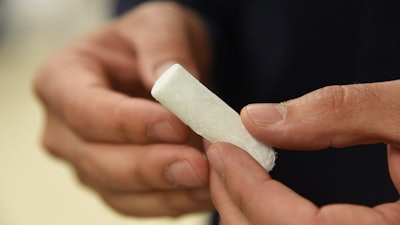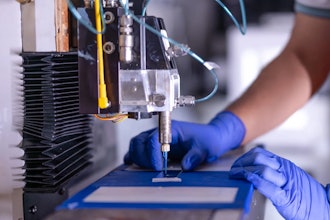
Engineers from Washington State University believe they have finally developed a sustainable material capable of replacing the ubiquitous, but troublesome, Styrofoam.
Polystyrene foam — the official name of the material first created by Dow Chemical researchers in 1941 — proliferated into everything from packaging to coffee cups in recent decades, but it also presents numerous problems, from its toxic, petroleum-derived ingredients to its inability to degrade. As more municipalities and even entire states consider restrictions on the material, some restaurants are already moving away from Styrofoam boxes and cups.
Washington State researchers noted that previous attempts to create a plant-based alternative to Styrofoam resulted in materials that were weaker, faltered in heat and humidity and failed to insulate as well.
In their study, published in the journal Carbohydrate Polymers, engineers used an acid hydrolysis process to break cellulose into nanocrystals, then added polyvinyl alcohol to make the resulting foam more elastic.
The end result, comprised of about 75 percent material derived from wood pulp, was lightweight, supported up to 200 times its weight and surpassed the insulation capabilities of Styrofoam. Most importantly, the material is produced relatively easily — using only water as a solvent — as well as degrades and burns without producing harmful pollution.
“This promising material has many desirable properties, and to be able to transfer these properties to a bulk scale for the first time through this engineered approach is very exciting,” Washington State chemical engineer Xiao Zhang said in a release.






















